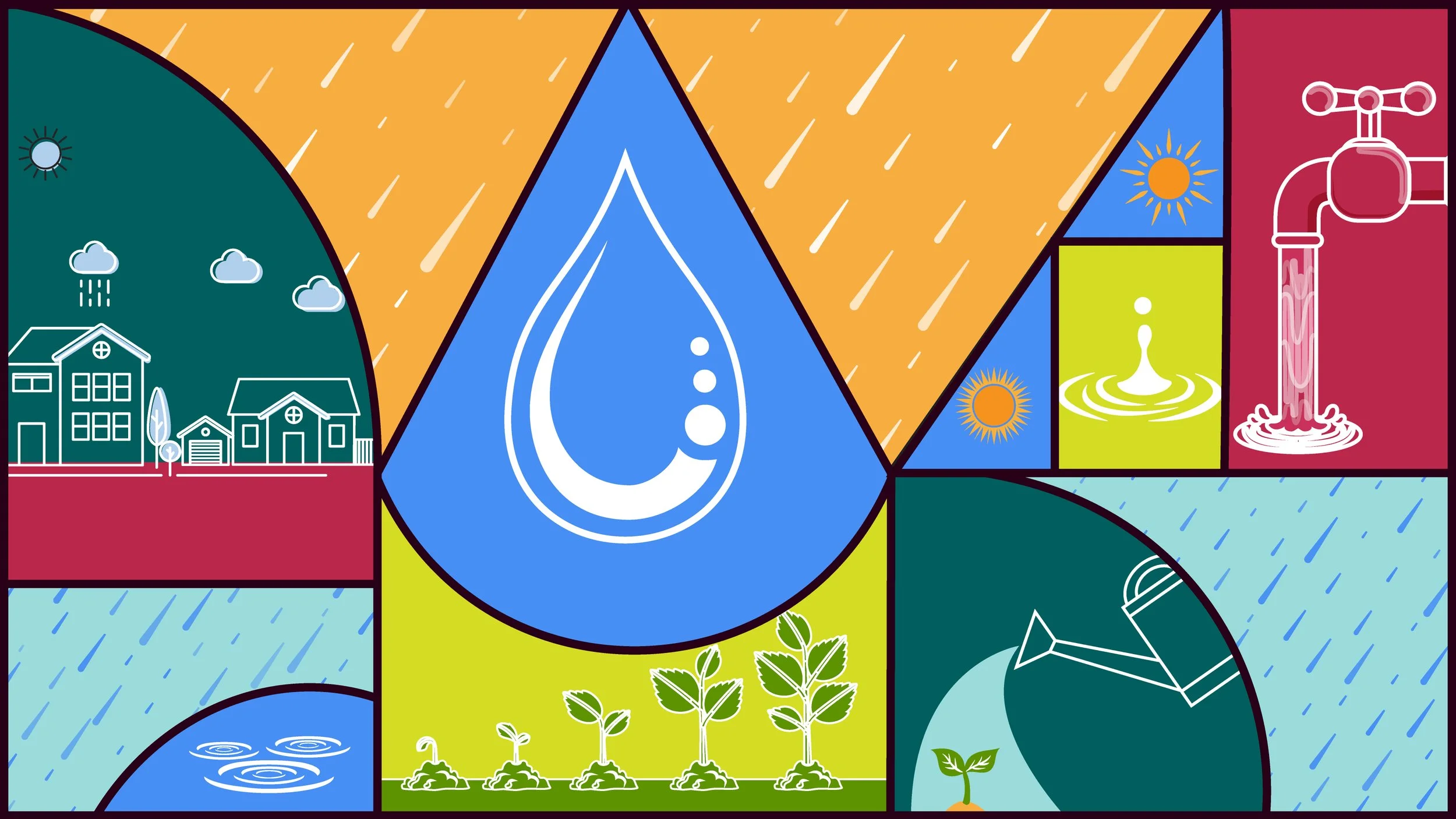Expand Clean Water Access Through Rainwater Harvesting
Every day, more than 2 billion people are affected by one of the greatest challenges facing humanity – lack of access to clean, safe, and adequate water. Climate change and urbanization magnify this issue, creating obstacles for communities to manage their clean water reserves.
The World Health Organization (WHO) considers rain an “Improved Drinking Water Source” as opposed to unprotected wells and surface water. Since fecal bacteria from human waste is not commonly found on roofs, rainwater harvesting with sterile storage largely prevents contamination. Rainwater harvesting may prove to be a viable solution to this problem, but it is not being implemented on a larger scale.
Unlock Aid sat down with Danny Wright, founder and executive director of Gravity Water, who further explained Gravity Water’s moonshot proposal to incentivize governments to subsidize rainwater harvesting technology in the public sector. Wright argues we can demonstrate and quantify the benefits of rainwater harvesting at scale within government and other partnerships. Gravity Water’s moonshot would accelerate progress towards achieving SDG 6: clean water and sanitation for all.
“Why is rainwater harvesting, one of the most globally embraced solutions to increasing water security, not practiced in a formal capacity at scale?”
~ Danny Wright, Gravity Water
UA: What inspired your moonshot idea?
GW: The concept behind Gravity Water was inspired by a simple question: why is rainwater harvesting, one of the most globally embraced solutions to increasing water security, not practiced in a formal capacity at scale?
Gravity Water's moonshot idea is to bring rainwater harvesting to a global scale through incentivizing governments to retrofit public infrastructure, such as schools and administrative buildings, with rainwater harvesting technology. Through an incentive program focused on a combination of recoverable grants and earmarked development funding, governments would be provided the upfront capital they would need to install rainwater harvesting technology on public infrastructure.
UA: What Sustainable Development Goals (SDGs) are you championing?
GW: SDG #6 Clean Drinking Water. Access to safe, reliable, and adequate water sources is one of the greatest challenges humanity faces, impacting over two billion people daily. Climate change is magnifying this issue, creating serious challenges for communities worldwide in managing their water resources to meet the needs of agricultural and industrial growth, human use, and environmental health.
UA: What impact do you hope to make?
GW: Retrofitting public infrastructure with rainwater harvesting will provide nations with climate resilience and increase adaptive capacity to climate change over time. This includes preventing the extraction of billions of gallons of groundwater per year out of local watersheds. This will enable the world to start increasing water access for agriculture and the environment, decreasing the risk of catastrophic flooding and saltwater intrusion in urban coastal areas.
Our second significant impact comes from scaling rainwater harvesting technology in public infrastructure. This will introduce the technology as a standard and feasible practice globally, developing market awareness and providing a clear pathway to market entry for rainwater harvesting companies to expand the practice throughout the private sector.
UA: Looking ahead to 2023, what are you hopeful about?
GW: We are excited to continue building our relationships with the Government, UNICEF, and the rest of the industry to scale rainwater harvesting in both urban and rural provinces. Gravity Water will be working with these groups to collect quantifiable data on rainwater harvesting and the economic, social, and environmental benefits it can provide. Through this data, we are eager to work with development groups on identifying which regions would immediately benefit from professional rainwater harvesting infrastructure and the pathways to implementing the solution.
Link to full step-by-step moonshot policy proposal coming soon.
